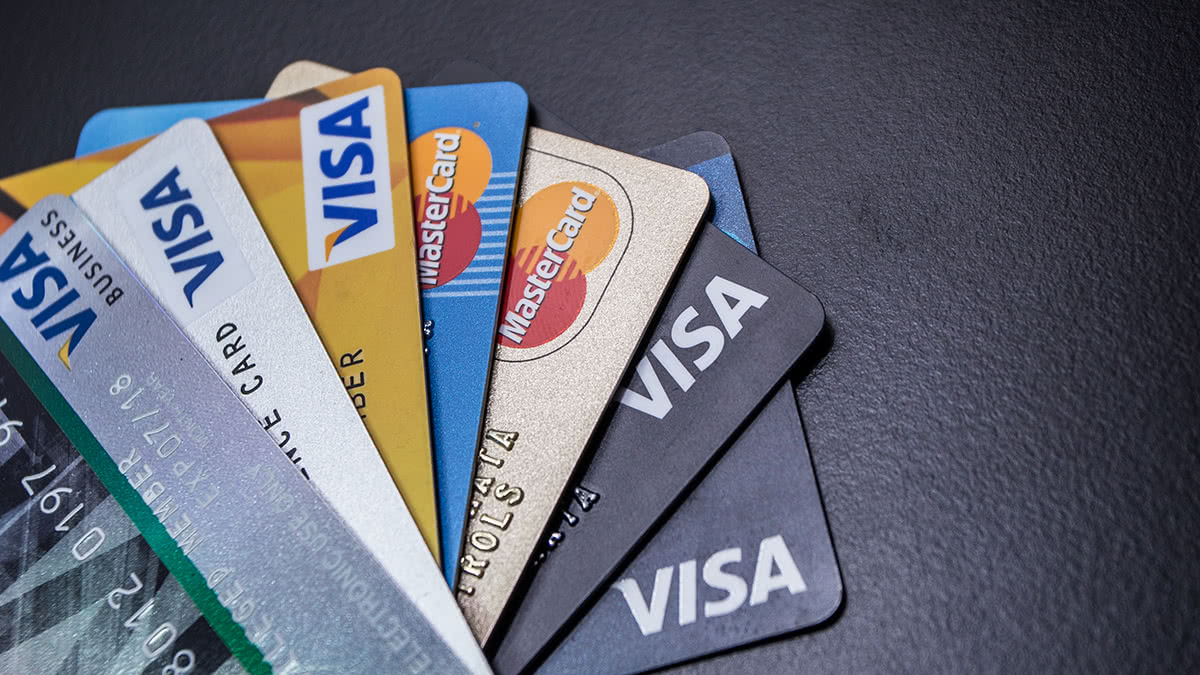Six Questions to Ask Before Cancelling Your Business Credit Card

With interest rates continuing their rise, many business owners may be inclined to ditch their plastic. Are they on to something or jumping the gun?
The average APR on a business credit card has climbed to 19%, according to CreditCards.com research — an increase of 1.5% since January. This rise is pegged to the Federal Reserve Bank’s precautionary interest-rate increases to combat inflation. As a result, you may now be seeing this former convenience as a potential liability — especially if you have employees on your account.
While you may have a great argument for slowing or freezing credit card charges, cancelling a card outright comes with consequences. Ask yourself these questions before making that call:
1. What's the interest rate?
Don’t just react to headlines and averages. If you’re a good, long-term customer, you may have a considerably lower interest rate than the average. Your good position may also give you leverage in requesting a lower rate. It can’t hurt to ask, right?
2. What's my balance?
If you’re carrying a significant balance that you can’t pay off immediately, then you’ll need to either set up an aggressive payoff plan and stick to. If you have a great credit score (see #3) you can also try to get a lower-rate balance-transfer offer from another credit card provider to help vanquish that debt.
3. Can I handle a potential dip in my business and/or personal credit score?
Just like closing a personal credit card impacts your credit score, the same applies to business credit, which is monitored by Dun & Bradstreet, Equifax, and Experian. Your business credit score is determined largely by your payment history, then by your overall utilization percentage – the amount of credit you’ve used versus your total credit line.
Before making any moves, check to see if the business card in question shows up on your personal credit report. If you’re the sole proprietor, it most likely will. However, if you own a corporation or an LLC, it’s not likely that the card issuer reports to consumer score-monitoring services.
4. How well am I controlling the firm’s credit card charges?
If you’re the sole user and you’ve got a good handle on controlling charges, bravo. But if, for example, you have a sales team with credit cards and you haven’t put in safeguards for the amount and/or type of charges they can make, you may want to (a) set limits on spending, (b) consider revoking those cards if they’re being abused, or (c) cancel your account.
Note that under the provision of "joint and several" liability, included in most standard credit card agreements, an employee's indiscretions could greatly impact both your personal and business credit scores.
5. What are my short- and long-term business plans?
Are you looking to expand your business? Make new hires? Buy new equipment? If so, think twice about cutting off your quick access to credit — especially if your business has the means to pay off a balance quickly if needed.
6. Does my business have other borrowing options?
You can explore other borrowing channels while you decide what to do with your credit card. Even if you have poor personal or business credit or a short credit history, many short- and long-term alternative and fintech lenders have programs to help small businesses manage expenses.
Whether or not you decide to cancel your business credit card, it's important to always keep these questions firmly in mind as part of your firm's sound fiscal management.
Since 2008, Samlend Financial has distributed $4 billion to 55,000 businesses. Click here or call (725) 247-3823 for more information on how Samlend Financial's working capital solutions can help your business thrive.
